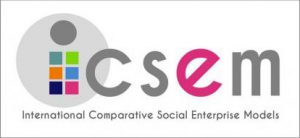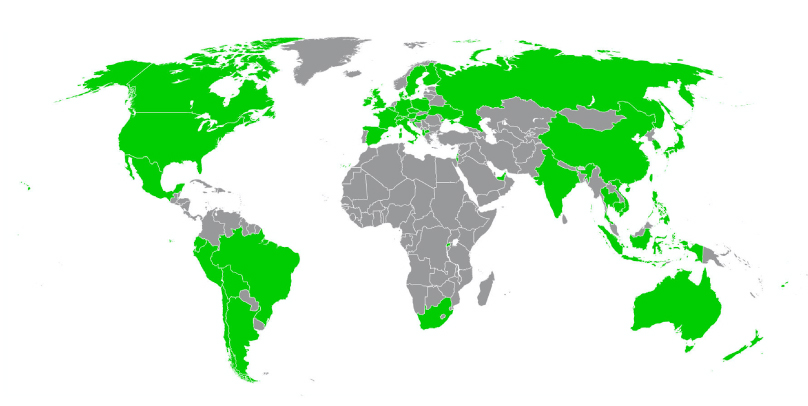 ICSEM Project:
ICSEM Project:
TIMES articulates with the conceptual and methodological proposals of the international ICSEM project.
The International Comparative Social Enterprise Models (ICSEM) Project aims to compare social enterprise models and their respective institutionalization processes around the world. This is why a large number of researchers from all regions contribute by providing country-specific analyses or about a specific field of social enterprise model.
Although working within the so-called European approach to social enterprises, for their theoretical and methodological profile and their international nature, researchers are encouraged to take into account and adapt the main theoretical and methodological tools to national specificities.
The first phase of this project took place between 2013 and 2017 and included 200 researchers from 50 countries of the various continents, and is currently in the preparation of the correspondent publications.
The second phase, with which TIMES is more closely articulated, is made possible by COST Action EMPOWER-SE. Within one of the working groups (WG1) the number of countries included in this project, including Portugal is widened to another 20.

To learn more about this project:
Official website | Presentation | Publications
 COST Action EMPOWER-SE – Empowering the Next Generation of Social Enterprise Scholars
COST Action EMPOWER-SE – Empowering the Next Generation of Social Enterprise Scholars
The COST Actions seek to broaden research, rather than just support it. As such, EMPOWER-SE intends to broaden and train researchers and countries in the field of social enterprise studies.
Its objectives include:
(1) contribute to a comprehensive understanding of the diversity of SE models emerging across Europe and globally; their conditions of emergence and development; and their contribution to key industries for the development of sustainable societies by overcoming existing fragmentation in the levels of knowledge from both a geographical and a disciplinary point of view;
(2) empowering the next generation of SE scholars, focusing on expanding the SE scientific community to less research-intensive countries where it is still embryonic or non-existing; and
(3) to promote evidence-based policies, from the local to the European level, and to support the development of the social economy and its ecosystems in synergy with key stakeholders.
The action will implement networking mechanisms (working groups, conferences, meetings, workshops for decision-makers, dialogues with local stakeholders, short-term scientific missions, training colleges, technical summaries, and web-based dissemination) to link fragmented communities and contribute to bridging the gap between the scientific community, policy-makers and society across Europe and beyond.
The forms of participation in EMPOWER-SE are diverse, and may occur through integration in the management committee, integration into working groups, support to the participation in conferences, training activities or short-term internships.
45 countries, including 37 COST countries, 8 institutions from close neighbours and 4 institutions from international partner countries are formally involved in this COST Action. Portugal is a member of this COST.
The Action has measures that favour the so-called Inclusiveness Target Countries and Early Career Investigators. The Inclusive Target Countries (ITC) includes: Bosnia and Herzegovina, Bulgaria, Cyprus, Czech Republic Estonia, Croatia, Hungary, Lithuania, Latvia, Luxembourg, Malta, Montenegro, Poland, Portugal, Romania, Slovenia, Slovakia, the former Yugoslav Republic of Macedonia, the Republic of Serbia and Turkey. Early Career Investigators (ECI) are PhD researchers with a maximum of 8 years of experience.
To know more visit:
COST Official website | EMPOWER-SE
